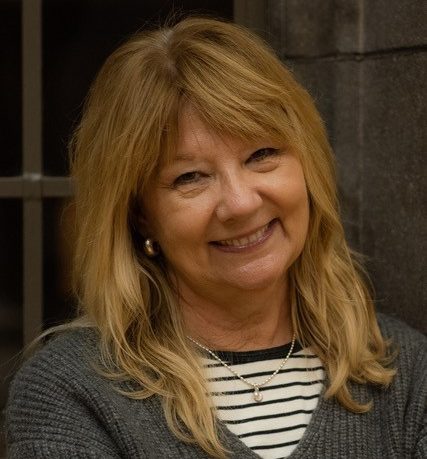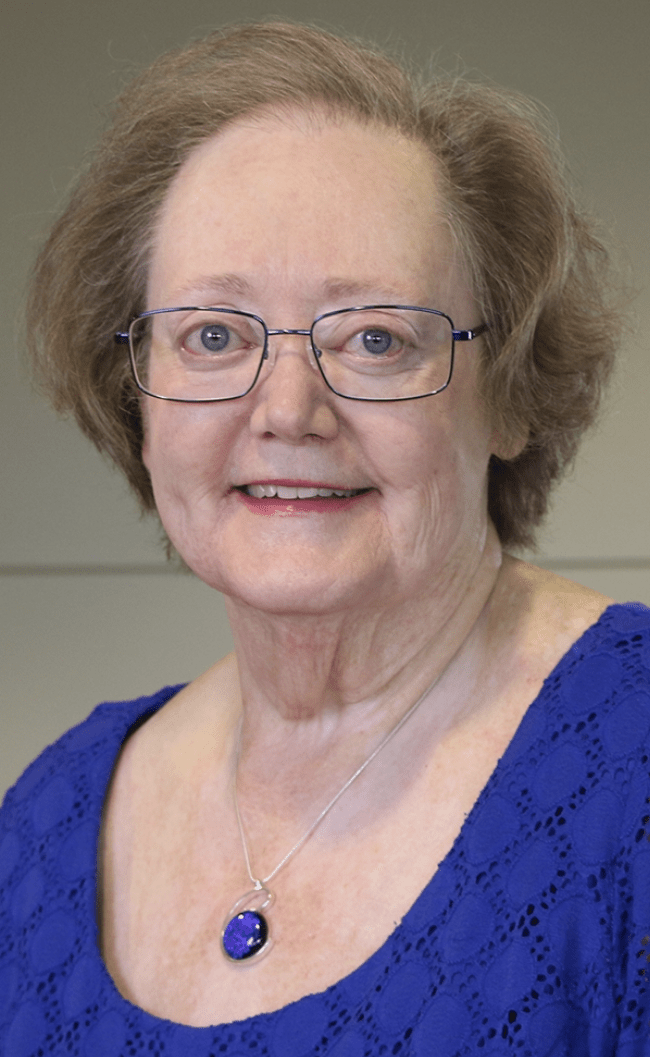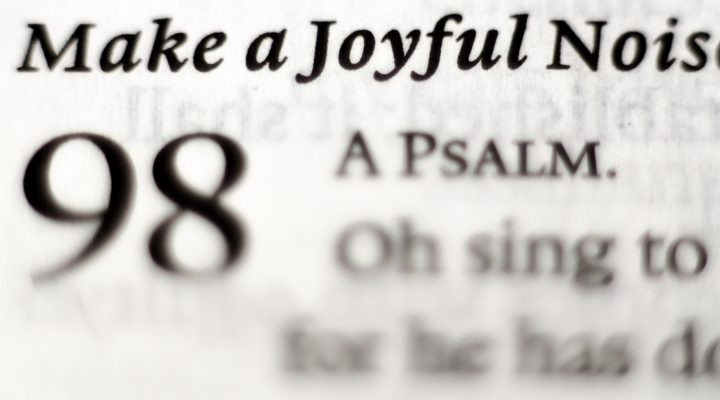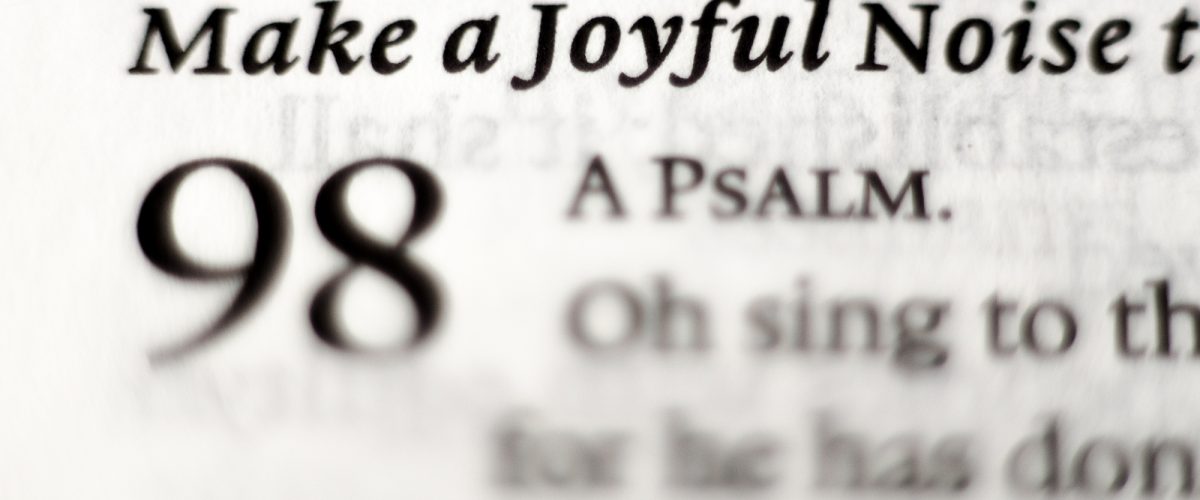The following piece is written in dialogue between Paula Mangum Sheridan and Beverly Howard. The initials PS indicate Paula’s words, while the initials BH indicate Beverly’s words.
PS: During my junior year of college, I interned as a social work student at a residential facility for young adults with severely limited developmental and physical abilities. Many residents used wheelchairs for mobility and needed support for dressing, eating and other tasks. While their test scores suggested intellectual deficiencies, the residents taught me that spoken language was only one way of communicating humor, wisdom, frustration and other human emotions and experiences.
I accompanied a group of residents to their physical, speech and other therapies. My favorite hangout was the music therapy sessions. Magical things happened there.
Our singing, playing percussion instruments and moving with rhythm evoked laughter and celebration. When the music therapist discovered it was my birthday, he asked the group to sing “Happy Birthday” to me. He strummed his ukulele and cued the group. Suddenly, a young man who was usually silent burst into a passionate rendition of the birthday song. He emphasized the phrase “Dear Paula” and ended with a broad smile.
The music therapist was astonished to see a withdrawn resident sing from his heart. Unfortunately, I never heard him sing again. His connection with music was brief but priceless. It was the best birthday gift I could hope for.
“Music is a mystery, science and tool.”
Music is a mystery, science and tool. Music evokes memory, soothes sorrow, frightens us and gives us hope. It restores and regenerates our brains. But unfortunately, it also can dominate our brains like addicting chemicals. Music persuades, influences, inspires and discomforts us through advertising, political campaigns and other mediums. Sounds, rhythms and lyrics linger in our memories.
Music also is an integral part of worship in many faith traditions. The Hebrew Bible tells us David soothed Saul’s tormented spirit by playing the harp. Sacred texts document music as integral in celebrations, mourning, repentance and thanksgiving. Music links us to our past, expresses our current experiences and gives us hope for a meaningful future.
How do the words we sing in worship shape our understanding of God? What messages about God do we sing to ourselves and others in worship? We will explore how hymn texts influence our faith.
Q: Do words we use in worship affect our spiritual health?
PS: We use words in worship and congregational music that shape our spiritual health. Our worship behaviors, words and music can invite or exclude us and others. We don’t walk into church with an empty slate. Instead, we carry joy and burdens of previous experiences that shape the present, even if we aren’t consciously aware.

Paula Mangum Sheridan
Our brains encode information explicitly and implicitly. Explicit memory is recall, the action of intentionally remembering something stored in our minds. For example, you use explicit memory when you swap tales about forbidden high school antics with friends. You know you are retrieving a memory from past experiences.
Implicit memory encodes emotions, sensations and actions without our conscious awareness. Implicit memory is the only form of memory for the first 18 months of life and begins in the last trimester of pregnancy. Implicit memory helps create mental models, associating our feelings with specific activities or sensations.
We bring implicit and explicit memories with us when we participate in worship. Music in worship can evoke feelings and memories from past experiences, both positive and negative. We may strongly react to words and music and not know why. That’s implicit memory.
If we have been welcomed and loved in our church experiences, especially as children, we are more likely to associate new worship experiences with affirmation. None of us enter God’s house with empty hands or hearts. We carry implicit memories with us that prime our perceptions of new experiences. This awareness can help us be more intentional about the ways we design and implement worship services.
Q: Can words we sing in our hymns harm us spiritually? If so, how can those words be harmful?
BH: Most definitely! Hymns work powerfully in us as part of our spiritual formation and faith identity. On hearing or singing a hymn, we may recall singing it in the church we attended as a child, at a parent’s memorial service, at a wedding or any spiritual milestones. We hear stories of Alzheimer’s patients who have forgotten family members but can sing every stanza of hymns they learned as children. Depending on the texts of hymns and spiritual songs imprinted on our souls, they may harm us, because a text can exclude, shame or wound us.
Through sustained or repetitive singing, we internalize texts, which may promote a sense of unworthiness or even self-loathing in some people. Some hymns of atonement use strong language in denouncing our sin, describing humanity (us) as being “vile,” “guilty,” “wretched,” or having “leprous souls.”
Q: What are some examples?
BH: One example from classical hymnody is found in the original text of “Alas! And Did My Savior Bleed,” by Isaac Watts (1674-1748). He asks this rhetorical question in the first stanza: “Alas! and did my Savior bleed, and did my Sovereign die, would he devote that sacred head to such a worm as I?
When I was a child, my church frequently sang this text either as Watts’ original hymn or as the gospel adaptation “At the Cross.” I pictured a worm as a creepy, crawly, disgusting creature, and I could not imagine myself as such. However, Watts was trying to illustrate in his 18th-century cultural and theological contexts the contrast between Christ’s splendor and humanity’s sinfulness. Continually singing of ourselves as “worms” may emphasize and internalize our unworthiness in a way that denies our being created in God’s image.
“Eighteenth century poets used ‘worm’ as an archaic term for Satan.”
A deeper concern is understanding what a “worm” meant to Watts. Eighteenth century poets used “worm” as an archaic term for Satan. Did Watts intend for people to consider themselves evil or demonic? Some editors of modern hymnals have altered the text to read: “Would he devote that sacred head for sinners such as I?”
This textual edit still identifies our bent toward sinning, but without debasing our self-worth.
Q: Are there any older hymn texts that approach sin, sinning and the sinner with more compassion?
BH: Yes. “Come, Ye Sinners, Poor and Needy” is another 18th-century text that, for the most part, describes sinners more compassionately as poor, weak, wounded, sick, sore, thirsty, weary, heavy-laden. However, the original first line does read “Come, ye sinners, poor and wretched” and the third stanza refers to being “ruined by the Fall.”

Beverly Howard
By the 19th century, there is a theological shift from a wrathful, angry God toward understanding God as more loving. Fanny Crosby (1820-1925), the gospel hymn writer, used language to attract people to the gospel. In her hymns, Crosby referred to sinners as “lost,” “wandering,” “wounded,” “weary,” “oppressed,” all of which are biblical metaphors.
“Rescue the Perishing” is perhaps one of Crosby’s best-known hymns and was inspired by her work in New York City missions. There Crosby encountered humanity in all conditions: abused, addicted, homeless, impoverished. Throughout this text, she uses compassionate rather than condescending, judgmental language about those in need. Perhaps the most poignant, tender language appears in the third stanza:
Down in the human heart, crushed by the tempter,
feelings lie buried that grace can restore;
touched by a loving heart, wakened by kindness,
chords that are broken will vibrate once more.
Another example is “There is a Balm in Gilead,” a spiritual from the Black church that offers the hope of healing and restoration through Christ, the Great Physician. In the refrain of this spiritual, the “sin-sick soul” can be healed. The stanzas offer encouragement. Wordsmiths must walk a fine line between describing a soul as sick vs. denouncing the whole person.
Q. How can we sing about sin and the sinner?
BH: Hymn writers discuss and weigh the language we sing very carefully. The Hymn Society of the United States and Canada includes members who are hymn writers, theologians, tunesmiths and church musicians. Conversations within this body involve serious discussions about our language in congregational song.
At its recent conference, plenary speaker Mikako Ehara, director of church music for the Japan Baptist Convention, advocated for hymn writers and worship planners to reflect on the language sung in hymns to describe sin and the sinner. She warned against condescending language that sets up “us vs. them” and to avoid language that objectifies the other.
Some older texts that address humanity’s bent to sinning with humility and contrition include “Ah, Holy Jesus,” “Come Thou Fount of Every Blessing,” “God of Grace and God of Glory,” “Love Divine, All Loves Excelling.”
“Many modern hymn writers grapple with the challenge of writing texts that do not objectify or debase but yet acknowledge our sinfulness.”
Many modern hymn writers grapple with the challenge of writing texts that do not objectify or debase but yet acknowledge our sinfulness. One approach has been to write new hymns that recognize or identify the sin without objectifying or stereotyping “the sinner” by using debasing descriptions.
For example, “In an Age of Twisted Values,” a hymn by Martin Leckenbush (b. 1962), is a corporate prayer of confession for the healing of our nation. He candidly names the numerous sins of twisted values, greed, robbing the poor and weak, discrimination, prejudice, cruelty, disobedience and failure in relationships.
PS: We benefit from theological messages in music, song and other mediums that distinguish between our behavior and identities. We are not bad people. We make poor choices. We live in the tension of our imperfections and God’s infinite love. We may stumble and limp, but we are still in the race.
Our hymns can illuminate our limitations and the grace that accompanies and adores us just as we are. Grace includes loving others and receiving love from others. Jesus implored us to remove the beam from our eyes so we could see without denial and projection. He also taught us to love ourselves as we love others. Hymns can help us flourish in the sacred vulnerability of loving others and allowing ourselves to be loved.
A final word
PS: Congregational gathering and singing were not possible during the early months of COVID lockdown. I remember weeping the first time I heard choral music during a virtual service. I cried again when assembled after months of online services. I was grateful to hear the pipe organ on a televised service. I was elated to feel the pipe organ and my congregation singing, sensing music with all of my body, just as the resident did during a birthday song many years ago.
We can tenderly examine our worship styles with fresh eyes and beginners’ minds. Routines can provide predictability and comfort amid uncertain times. But they need not constrict us to practices that diminish God’s creativity and wonder. Our worship rhythms also can birth new ideas and practices that make room at God’s table for us all.
Paula Mangum Sheridan, professor emerita of social work, taught at Whittier College and more recently at Loma Linda University. She has partnered with social work educators in Denmark and Finland to explore global social work practice. She is a licensed clinical social worker and supports voter accessibility and the rights of people without homes in her community. She is a member of All Saints Episcopal Church in Pasadena, Calif.
Beverly A. Howard lives in Fort Worth, Texas. She is a retired university music professor, former editor of The Hymn: A Journal of Congregational Song, and member of hymnal committees that prepared Glory to God: The Presbyterian Hymnal and Celebrating Grace: Hymnal for Baptist Worship. She is one of the collaborating authors of Sing with Understanding: An Introduction to the Theology of Christian Congregational Song (2022) with Martin V. Clarke, C. Michael Hawn, and Geoffrey Moore. She is a member of First Presbyterian Church in Fort Worth
Related articles:
Yes, I like the ‘old’ hymns too, but not the ones you may think | Opinion by John Cotton
Hymns for a Lifetime: Poetry added to music makes not only hymns, but memories
Hooray for the hymnal! | Opinion by David Garrard


